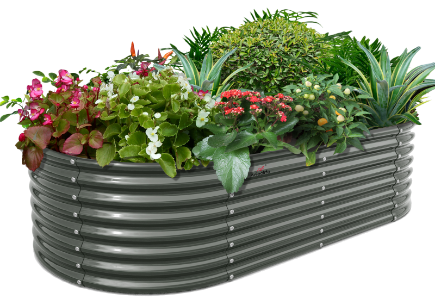The Future of Rust Prevention: Innovative Technologies Transforming Maintenance Practices
Body
Rust is a common issue that affects various materials, particularly metals, leading to deterioration and costly repairs. In recent years, advancements in rust prevention technology have emerged, offering innovative solutions to combat this pervasive problem. This article delves into the latest technologies and practices that are reshaping how we approach rust prevention.

Understanding Rust and Its Implications
Rust forms when iron or its alloys react with oxygen and moisture, resulting in iron oxide. This process not only compromises the structural integrity of materials but also poses safety risks. Have you ever considered how much rust can impact your gardening tools or outdoor furniture? The implications extend beyond aesthetics; rust can lead to significant financial burdens due to repairs or replacements.
Innovative Rust Prevention Technologies
Recent advancements in rust prevention technology have introduced several effective methods to mitigate rust formation:
- Galvanization: This process involves coating iron or steel with a layer of zinc, which acts as a barrier against moisture and oxygen. Galvanized products, such as garden beds, are increasingly popular for their durability and resistance to rust. For instance, you can explore
 .
. - Corrosion Inhibitors: These are chemical compounds that, when applied to metal surfaces, significantly slow down the rusting process. They can be found in various forms, including sprays and coatings.
- Protective Coatings: Advanced coatings, such as epoxy and polyurethane, provide a robust shield against moisture and corrosive elements. These coatings are particularly useful in industrial applications.
- Smart Sensors: Emerging technologies utilize sensors that monitor environmental conditions and alert users when rust risk factors are present. This proactive approach allows for timely interventions.
Implementing Rust Prevention in Daily Practices
How can you incorporate these rust prevention technologies into your daily maintenance routines? Here are a few suggestions:
- Regularly inspect your tools and equipment for signs of rust.
- Apply protective coatings to metal surfaces before storage.
- Utilize galvanized products for outdoor applications.
- Consider investing in smart sensors for critical equipment.
The Future of Rust Prevention
The future of rust prevention technology looks promising, with ongoing research and development aimed at creating even more effective solutions. As industries evolve and environmental concerns grow, the demand for sustainable and efficient rust prevention methods will continue to rise. By embracing these innovations, we can protect our investments and ensure the longevity of our materials.
In conclusion, understanding and implementing advanced rust prevention technologies is essential for maintaining the integrity of metal products. Whether in gardening or industrial applications, these technologies offer a pathway to a rust-free future.










Comments